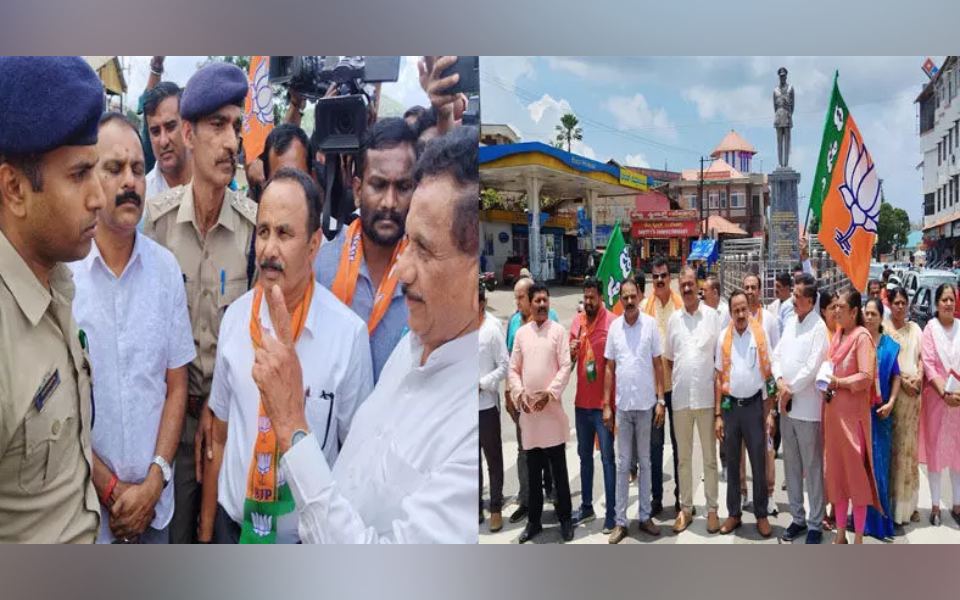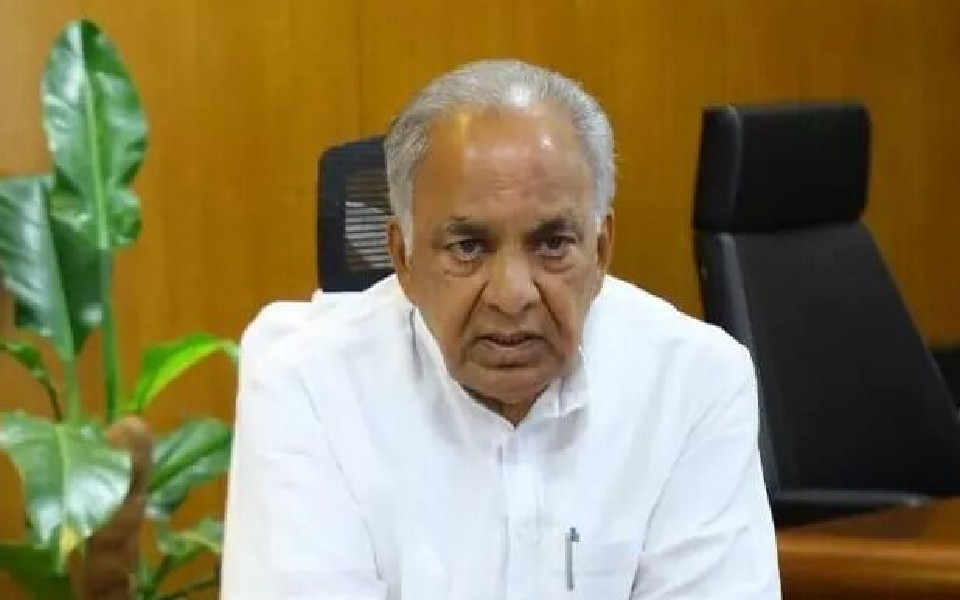New Delhi (PTI): The Supreme Court on Tuesday refused to entertain a plea challenging an Allahabad High Court order that asked the Archaeological Survey of India to whitewash the Mughal-era Jama Masjid in Uttar Pradesh's Sambhal district.
The high court had on March 12 asked the ASI to undertake and complete the whitewashing of the mosque within a week.
"We are not inclined to entertain the present petition. Dismissed," ordered a bench comprising Chief Justice Sanjiv Khanna and Justice Sanjay Kumar.
Appearing for appellant Satish Kumar Aggarwal, Lawyer Barun Sinha assailed the high court's order, saying the ASI was wrongly asked to whitewash the wall of the mosque.
In his order, HC judge Justice Rohit Ranjan Agarwal had said, "The ASI shall undertake the whitewashing work and complete the same within a period of one week from today. Further, no extra lighting shall be put on the walls, as it may cause damage to the monuments, but exterior lights in the shape of focus lights/LED lights may be used by the ASI for lighting of the outer area of the alleged Masjid.
"The expenditure incurred in the whitewashing shall be borne by the Masjid Committee, and the same shall be reimbursed within one week after the completion of whitewashing work," he had said.
The high court had earlier directed the counsel appearing for the ASI to come up with specific averments as to what prejudice would whitewashing of the outer walls of the mosque cause.
Prior to this, a court-ordered survey of a Mughal-era mosque was undertaken and it led to the violence at Sambhal last year.
Let the Truth be known. If you read VB and like VB, please be a VB Supporter and Help us deliver the Truth to one and all.
Guwahati, Apr 4 (PTI): The Assam cabinet has decided to lift all cases pending against people from the Koch Rajbongshi community in the Foreigners' Tribunals, Chief Minister Himanta Biswa Sarma said on Friday.
They will also no longer carry the tag of 'D' or doubtful voters, he said.
''There are 28,000 cases pending in different Foreigners' Tribunals in the state against people of the community. The cabinet has taken a historic decision of lifting the cases with immediate effect,'' Sarma said at a press conference here after the cabinet meeting.
The government believes that the Koch Rajbongshis are an indigenous community of the state and they are an inextricable part of ''our social and cultural fabric'', he asserted.
The people of this community are poor and have suffered a lot over the years, he said.
''They will no longer carry the tag of foreigners or ‘D’ voters,'' the CM said.
Foreigners Tribunals are quasi-judicial bodies, particularly in Assam, established to determine if a person residing in India is a "foreigner" as defined by the Foreigners Act of 1946, based on the Foreigners (Tribunals) Order of 1964.
These tribunals are designed to address matters related to citizenship and the presence of “foreigners” in India, specifically focusing on cases where someone is suspected of being an illegal immigrant.
There are 100 Foreigners’ Tribunals across Assam.
The Koch Rajbongshis have a sizeable presence in Assam, West Bengal, Meghalaya, and parts of Bangladesh, Nepal, and Bhutan, and they demand Scheduled Tribe status.




